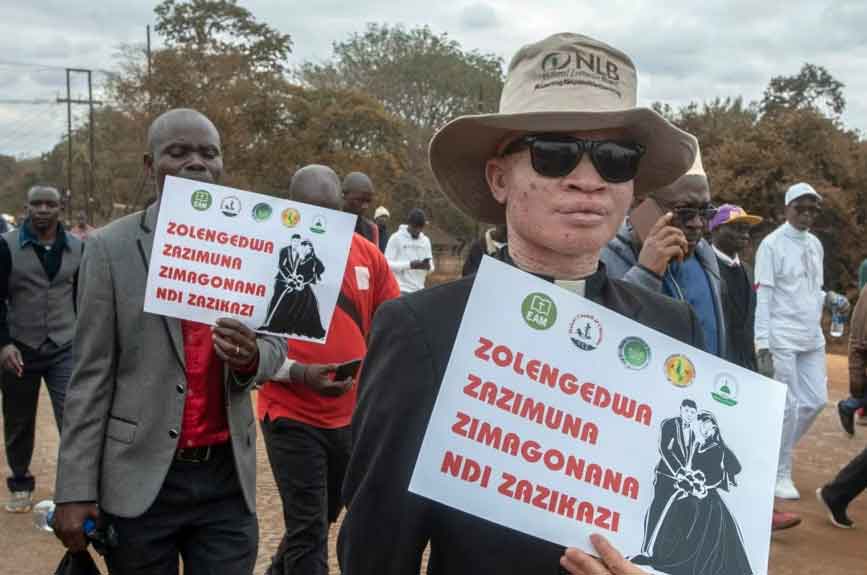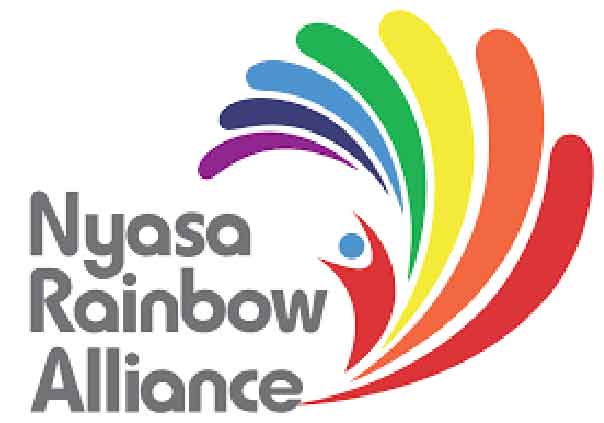Malawi court refuses to overturn anti-LGBTQ+ laws
Colin Stewart is a 45-year journalism veteran living in Southern…
High Court says it’s up to Parliament to repeal anti-LGBTQ+ laws.
Hopes of a second victory for LGBTQ+ rights activists in southern Africa were dashed Friday when the High Court in Malawi rejected two challenges seeking to overturn the nation’s anti-LGBTQ+ laws as the nearby nation of Namibia did on June 21.

The ruling involved two separate cases — that of Dutch national Jan Willem Akster and that of Malawian trans woman Jana Gonani, who were separately charged in 2021 with engaging in homosexual acts.
Gonani is currently serving an eight-year sentence at Blantyre Prison, a men’s prison.
Akster and Gonani challenged Sections 153, 154, and 156 of the Malawi penal code that outlaw “indecent practices between males” and “unnatural offences,” which carry penalties of up to 14 years in prison. They argued that these provisions violate their rights, including the right to privacy and dignity.
Amnesty International called the court ruling “a bitter setback for human rights ”.
“The ruling manifestly flies in the face of Malawi’s constitution, the African Charter and international human rights law, which all clearly prohibit discrimination. It also makes Malawi an outlier in Southern Africa, where most countries have decriminalized consensual same-sex sexual conduct,” said Khanyo Farise, Amnesty International’s Deputy Regional Director for East and Southern Africa,.
““The court’s refusal to overturn these laws means LGBTI persons in Malawi will continue to face discrimination and persecution simply for who they love. In particular, this ruling translates to continued barriers in access to healthcare and other social services for LGBTI persons.”

VOA reported specifics of the High Court ruling:
[Judge Joseph] Chigona said the applicants failed to bring evidence of how the provisions in the country’s laws discriminated against homosexuals.Chigona also said Akster failed to prove that Malawi’s laws violated his right to health.
“The first applicant was asked in a cross examination if he had ever accessed a public hospital and replied that he had gone to Zomba Central Hospital after he had been involved in a car accident,” Chigona said. “When he was asked about his experience there, especially if he was asked about his sexual orientation before he was assisted, he said he was not. He actually said that he was medically assisted so well. The only complaint he had about the facility were spiders in the ward.”
Chigona said the court also dismissed claims that Malawi police violated Gonani’s right to privacy when they ordered him to undress, to confirm his claims that he was transgender.
“We know that by Section 24 of Criminal Procedure and Evidence Code that police are empowered to search a suspect who is reasonably suspected of having committed a particular offense and who has been arrested,” the judge said. “The caveat is that the search only extends as it is reasonably required for discovering a thing upon this person in connection to the offenses he was suspected of.”

Amnesty International reported:
In February 2022, with the assistance of Nyasa Rainbow Alliance, a Malawian LGBTI organisation, Malawian trans woman Jana Gonani challenged the constitutionality of one of the country’s laws criminalizing same-sex sexual conduct.
Police arrested Gonani in September 2021 following an altercation in Mongochi, Malawi. A male officer subjected her to a genital examination, placed her in a male holding cell and sent her to a hospital under the pretext of confirming her mental state, simply for identifying as trans.
On 23 December 2021, the Mongochi Senior Magistrate Court convicted her under the colonial-era law. She is currently serving an eight-year jail term at Blantyre Prison, one of Malawi’s most overcrowded men’s prisons.
The Constitutional Court joined Gonani’s case to an ongoing separate challenge to all three of Malawi’s colonial-era laws criminalizing same-sex sexual conduct.
In the months before the verdict, Malawi has experienced an anti-LGBTI backlash led by some faith and religious leaders. The Nyasa Rainbow Alliance has received abuse and physical threats, including a raid on their offices in June 2023 by unknown individuals.
Malawi: Regressive Step as High Court Upholds Ban on Same-Sex Intimacy
… While disappointed, human rights activists said they planned to review the 135-page judgement before commenting further.
The criminalisation of homosexuality in Malawi made international headlines in 2009 when transgender woman Tiwonge Chimbalanga and a man, Steven Monjeza, were arrested after holding a traditional engagement party.
They were given 14-year jail terms, but following global outrage, then-President Bingu wa Mutharika pardoned the couple in 2010.
In 2012, then-President Joyce Banda stated her intention to repeal the laws criminalising consensual same-sex relations.
Facing intense opposition from church groups and religious leaders, this promised legal change has not materialised. In 2021, the country held its first LGBTIQ+ Pride march in the streets of the capital Lilongwe.
The Malawi court’s ruling is a major human rights setback in the region during international Pride Month and follows the historic decriminalisation of homosexuality just days earlier by the High Court in Namibia.




